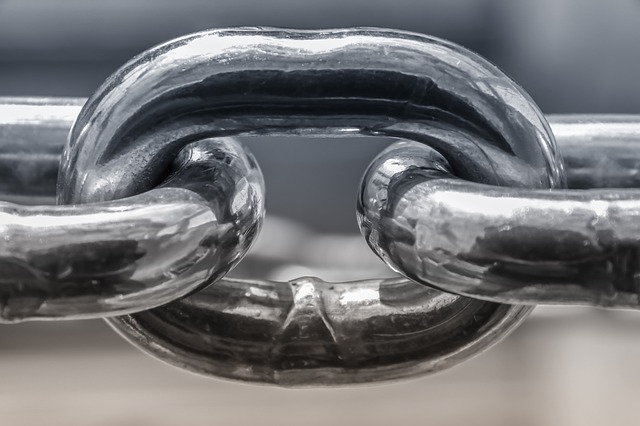

Updated on May 14, 2019
Generally, the rule is that a lien is first in time and first in right. That means that earlier recorded liens tend to enjoy priority over later recorded liens. That rule, has a new exception per the recent Court of Appeals decision in City of Sierra Madre v. SunTrust Mortgage, Inc. (2019) 32 Cal.App.5th 648, review filed (Apr. 5, 2019)
This article will discuss and analyze the consequences of new case law regarding the super-priority status of secured receivership loans necessary for the remediation of real property. This is a fascinating situation where a non-first in time loan becomes a first in right loan.
In City of Sierra Madre v. SunTrust Mortgage, Inc., the real property owners, the Hildreths, caused a public nuisance by illegally excavating pits around their property. The illegal excavation resulted in the collapse of an adjacent alley. The Hildreths then ignored the City’s stop work orders in 2005, 2009 and 2010. Meanwhile, during 2009, the Hildreths refinanced their property loan with lender SunTrust. After the Hildreths continued to violate the stop work orders, the City sought injunctive relief to force them to fix the excavation problem. But, the Hildreths refused to cooperate with the injunction. Therefore, the court appointed a receiver to take custody and oversee the remediation of the property. To fund the remediation, the receiver proposed borrowing from South County Bank (“South County”), one of the very few banks willing to provide such funding. (City of Sierra Madre v. SunTrust Mortgage, Inc.(2019) 32 Cal.App.5th654-655.) One of the financing contingencies, however, was the bank required its new loan to be senior as to all other previous recorded liens, including SunTrust’s. They wanted a “super-priority lien.” (Id. at 655.) The receiver argued that no lender would fund the remediation otherwise. (Id.) SunTrust opposed the super-priority lien status, and appealed the trial court’s order granting the same.
The Court of Appeals affirmed the lower court’s decision, essentially reasoning that the receiver had no other alternative. The reason for doing so was that SunTrust took no action against the Hildreths, despite the fact they were clearly in breach of the deed of trust; they were not willing to fund the remediation; the property itself did not produce any income; and no other lender would loan money without super-priority. (Id. at 660.) The court further reasoned that as a practical matter, the super-priority lien did not substantially prejudice SunTrust because the property was already worthless. (Id. at 661). The “critical point…is that [SunTrust’s] lien on the Hildreths’ property was worthless” well before the court authorized the super-priority lien. (Id. at 661.) This is because the public nuisance caused the expensive remediation, the cost of such exceeding the value of the unimproved land. (Id.) Thus, SunTrust already had an underwater loan, and due to California’s anti-deficiency statutes, had extremely limited ability to obtain payment from the Hildreths directly. (Id.)
The meaning or consequence of this case depends on how narrowly or broadly one construes its application. If read narrowly, than the rule from this case is likely restricted to its facts, and thus only apply in similar situations. Moreover, the trial court was sitting in equity so it had some broad discretion on the remedy it fashioned. However, if viewed broadly, it could be interpreted to mean that mortgage lenders are now at risk of being subordinated when the secured property is subject to receivership that necessitates remediation financing.
See related: Liens and Priorities: Part 1